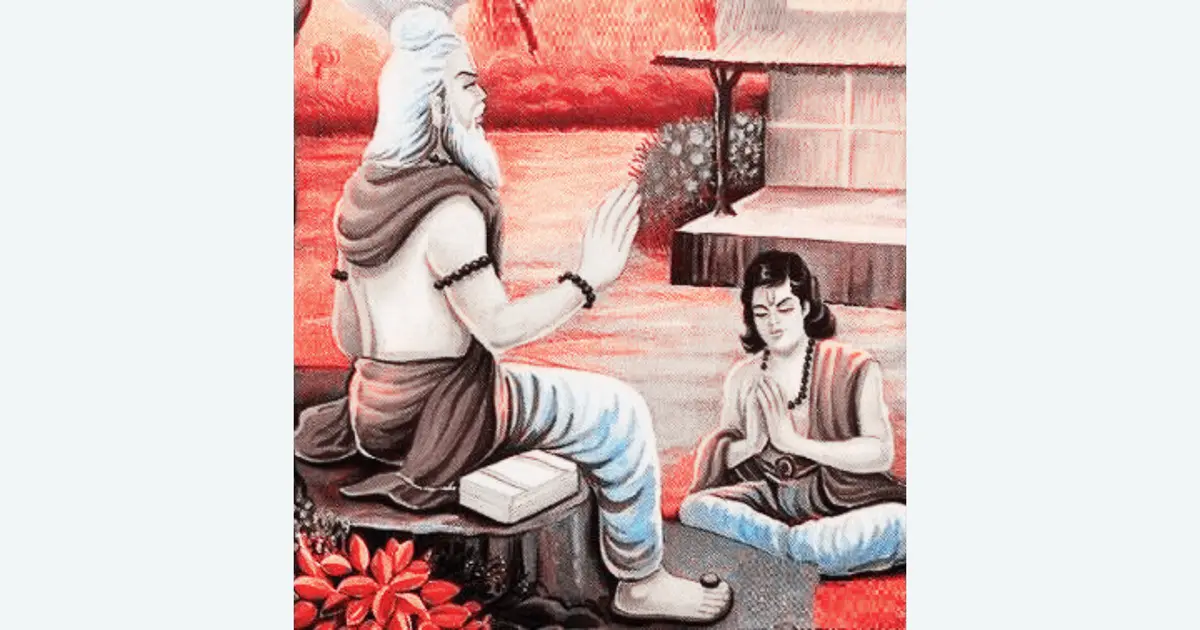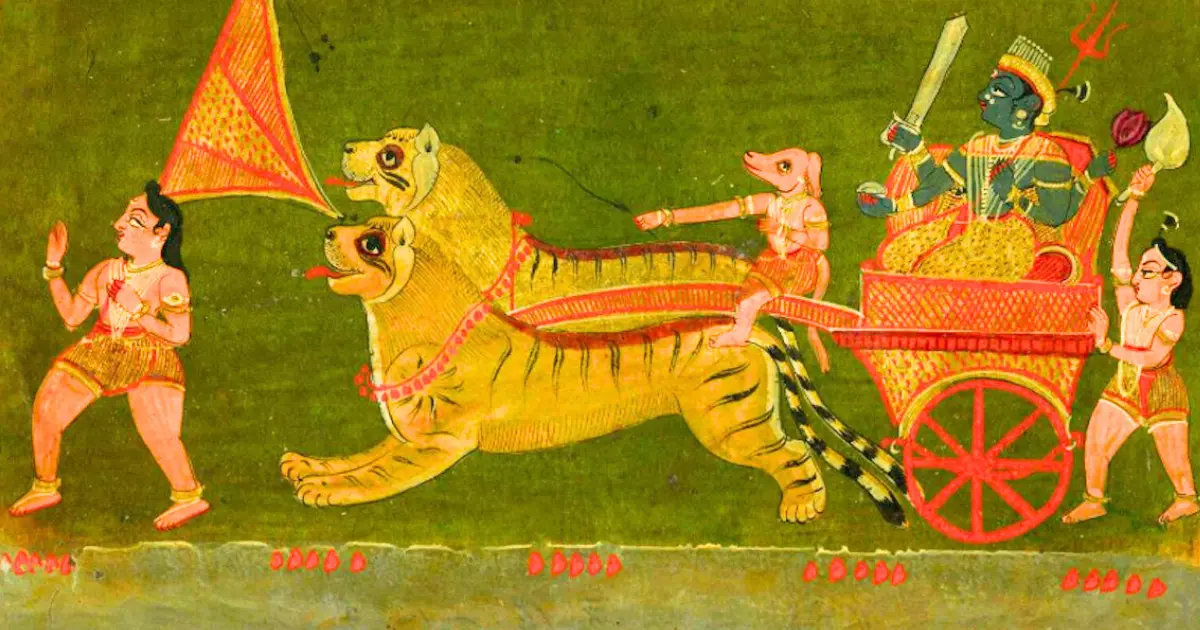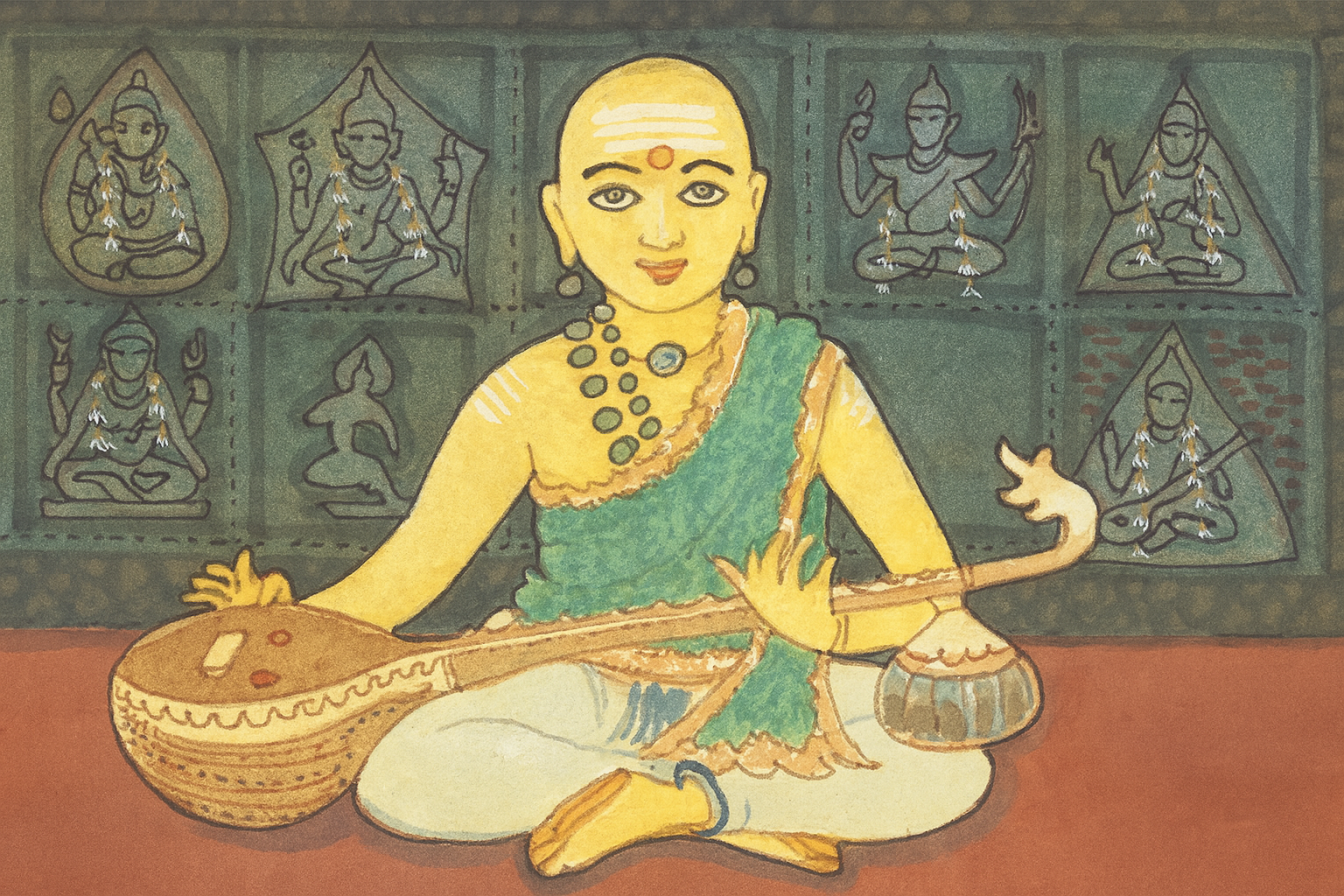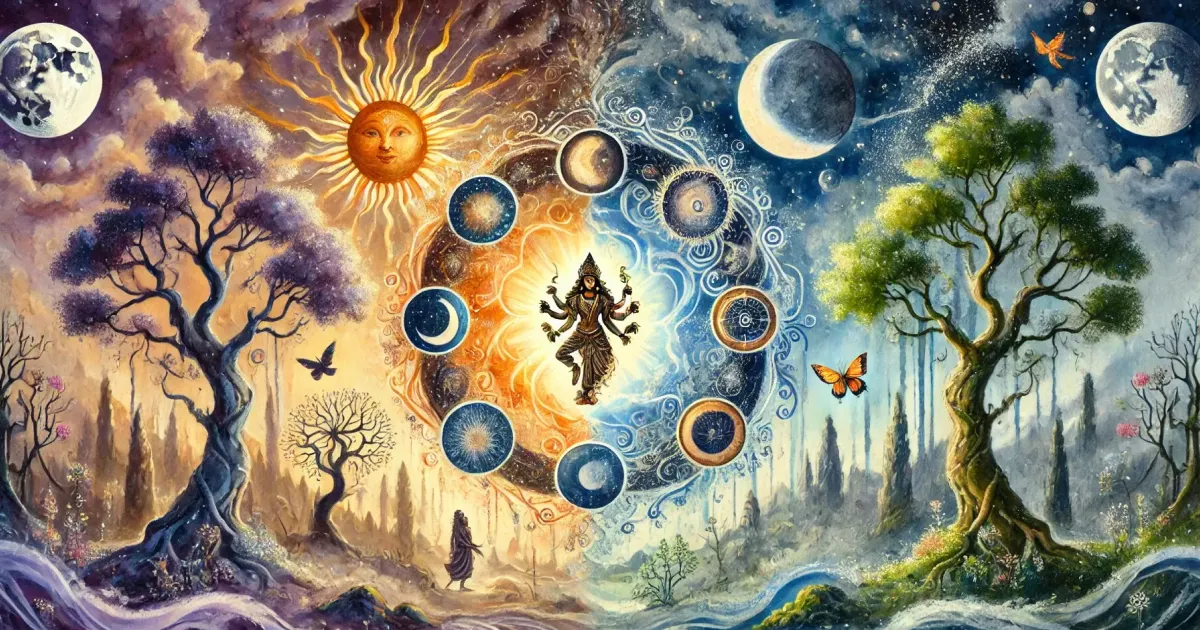Whenever modern scientists, logisticians or naturalists represent a subject matter in a discourse, it is usually preferred that they stick to what they know and acknowledge what they do not know.
While differing widely in the various little bits we know, in our infinite ignorance we are all equal. Karl R Popper
The epistemology of modern empirical sciences is founded upon falsifiability of theories. If some theory cannot be tested through hypotheses, made sense through deductive reasoning, and finally verified empirically for correctness, such a theory is non-scientific1. Therefore, the field of modern science - which greatly concerns itself with empirical evidence - shies away from dealing with the speculative and the supernatural.
The outright rejection of concepts that cannot be established through the scientific process may prove disastrous in philosophy which attempts to understand reality, as it would require one to reject ethics, law, linguistics and even mathematics. For none of these can be established through the scientific process; rather only through consensus, which is a fancy word for circular references. But the real, canonical existence of these concepts cannot be denied, as they are essential to the sustenance of civilized society. Besides, they clearly fall outside the scope of empiricism.
A fun example to illustrate this would be to consider the number theory which postulates numbers that we use in daily life. The theory provides symbols to represent numbers and defines a setup to perform certain operations with them. Now, it would be absurd to invalidate numbers since we have neither developed the hypotheses nor the deductive reasoning and the empirical measurements to conclude that they are valid.
Here, we rely on the consensus of people to accept the validity of number theory. These people are experts in the field and are familiar with its axiomatic construction and the correctness of the subsequent statements (logical dialectics) that can be deduced from them.
Among the oldest philosophies in the world, Hindu philosophy finds itself at a unique position as it concerns itself with the inquiry of consciousness and reality. Several competing schools embark on the quest to understand the reality of existence and the experience associated with existence. Nyāya is one such school of thought which emphasizes the use of logical dialectics to distill the correct understanding of reality.
On the one hand, it may be concluded through dialectics that concepts which cannot be established with evidence do not exist in reality. But on the other hand, one can also conclude through dialectics some absurdities that contradict available evidence.
To illustrate this, let us consider a blind person, blind by birth. To set up the dialectic premise, I want to enforce two conditions here:
- The blind person has so far in their life not come in contact with another human being with a functioning eyesight.
- For the first time in their life, I ran into them and we became good friends. We begin a conversation about vision and colors.
Now the question is, how do I convince the blind person that colors are real and vision is very common in other humans? Unfortunately, the only senses available to them are touch, smell, hearing and taste. None of these are useful to establish the evidence for colors. So, I entered into a debate with this person.
The pūrva pakṣa, or opposite point of view relative to blind man’s perspective, which is my experience, is:
All the objects in the natural world have something called as colors and one can perceive them through the ability of vision.
With the precondition that my testimony on colors and vision is not valid evidence, the blind person will reach the following nirṇaya, or conclusion:
The objects in the natural world can only be perceived through smell, taste, touch or hearing, but none of these establish the existence of colors. Therefore, colors do not exist.
Logically, my blind friend is not wrong. His dialectics take a recourse that avoids speculation and/or supernatural concepts. Moreover, the conclusion he draws aligns with his experience of life. But, I know that he’s wrong and what he’s suggesting is absurd.
The blind person's experience negates my experience, but each of us puts forward the correct logical dialectic in line with our respective experience of the natural world.
This tie is never broken unless we accept the validity of honest testimony as a means to establish evidence. In the scripture, this is called śabda pramāṇa.
To understand the word pramāṇa, we have to look at its etymology.
प्रमा अणयति इति प्रमाणं |
pramā aṇayati iti pramāṇam.
Something which brings true knowledge is called pramāṇa. Naturally, there are multiple ways to obtain proper knowledge and so the following verse is appropriate:
स्मृति प्रत्यक्षमैतिह्यम् अनुमानस्चतुष्टयम् । smṛti pratyakṣamaitihyam anumānascatuṣṭayam Taittirīya Āraṇyaka 4
The Taittirīya Āraṇyaka lists four modes to establishing evidence for any statement attempting to describe reality.
- Smṛti, which is in line with Śruti or Śabda;
- Pratyakṣa, which is evident through the five senses;
- Itihāsa, historic statements; and finally,
- Anumāna, or inference which is logical conclusion of realities unavailable to the senses.
The entire corpus of the Vedas are records of honest experiences of several people to whom they were revealed at different points in time. Hence, they are regarded as valid in totality.
But can one come to experience reality purely based on logical dialectics? Is śabda pramāṇa even necessary to arrive at the right understanding of reality?
नैषा तर्केण मतिरापनेया प्रोक्तान्येनैव सुज्ञानाय प्रेष्ठ । naiṣā tarkeṇa matirāpaneyā proktānyenaiva sujñānāya preṣṭha | Kathopanishad, 1.2.9
Above, Śrī Yama tells Naciketa that one cannot understand reality solely based on tarka or logical dialectics. Instead, one can only understand a subject completely when they've been instructed by someone else; usually by someone who is an expert in the concerned subject matter. This is in contention to the position of Naiyāyikas who develop their philosophy in the pursuit of truth purely based on logic.
Here, the Vedānti differs with the Naiyāyika and says that logic is only valid as long as it is supported by the right experience. In places where such an experience isn't available, logic cannot provide a faithful understanding.
As illustrated above, it is impossible for my blind friend to conceive the notion of colors and vision unless someone with a functioning eyesight correctly informs them about their Existence.
Nevertheless, śabda pramāṇa doesn't provide the blind person with the experience of vision. Rather, it opens their mind to the possibility that vision can be experienced and colors can be perceived. This causes the cessation from the limited dependence on logic and sense organs in the pursuit of truth.
Further, it is to be noted that the sākṣī or witness reserves the conclusion about any statement until he/she is correctly convinced about a particular subject, despite a superlative support provided by logic, inference or even honest testimony.
If we now revisit the scientific process, śabda pramāṇa can very well be a foundation on which we build our hypothesis. We can make sense of the statements from śabda pramāṇa using logical dialectics and finally wait for the experience to validate or invalidate the hypothesis.
So, on the thesis regarding the existence of a cause for existence, Īśvara, the most honest thing to do is to reserve judgement until there has been an experience which can support it or its anti-thesis. Belief in either the thesis or its anti-thesis is foolhardy in the absence of evidence. However, the pursuit of evidence should never stop.
ॐ तत् सत्
References
- Popper, Karl R; Conjectures and Refutations: The Growth of Scientific Knowledge, 1962.
- Taittirīya Āraṇyaka.
- Kaṭhopaniṣad.






